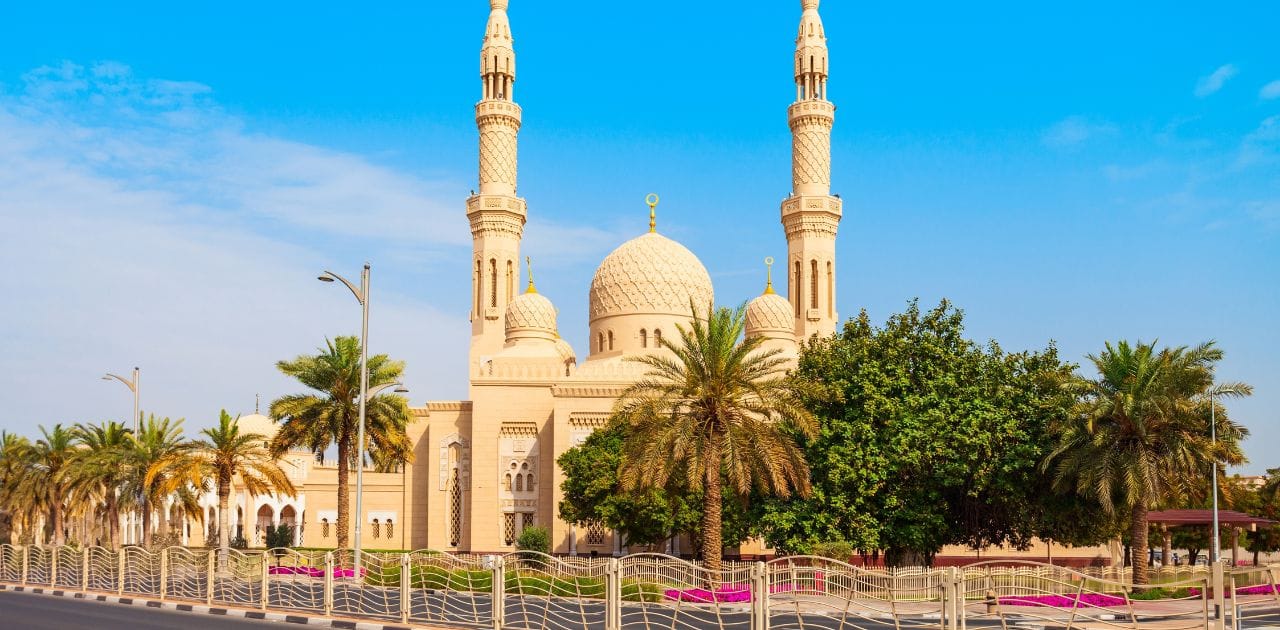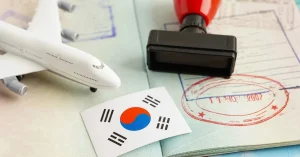Dubai has a reputation for being one of the most expensive cities in the world, but here’s the thing, it doesn’t have to drain the wallet. According to Mercer’s 2024 Cost of Living survey, Dubai ranks among the top 25 most expensive cities globally, yet thousands of budget-conscious travelers visit every year without overspending. How to save money in Dubai? Smart planning, local know-how, and a little flexibility.
Think of it like this: Dubai can be as fancy or as affordable as you want it to be. The city has a mix of luxury hotels and budget-friendly hostels, pricey fine-dining restaurants and cheap shawarma stalls, private limos and metro rides. The trick is knowing where to spend and where to save.
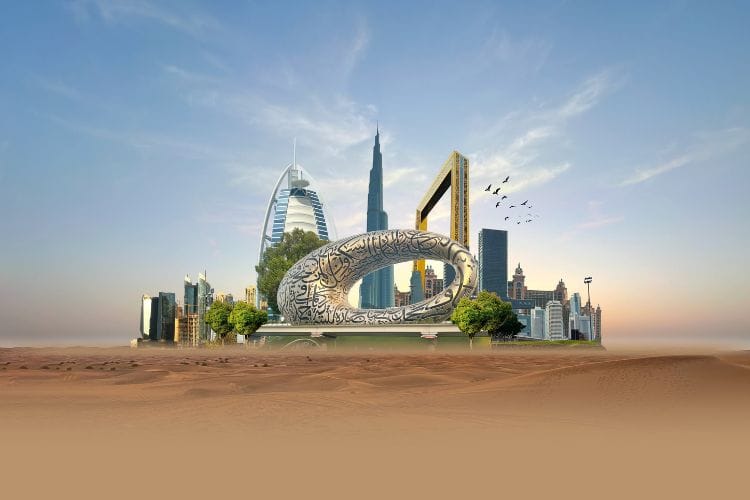
1. Travel at the Right Time of Year
One of the easiest ways to save big is by choosing the right travel dates. Hotel prices in peak season (November to March) can be 40–50% higher than in the summer months. If someone doesn’t mind a bit of heat, visiting between May and September can cut accommodation costs dramatically.
Yes, it’s hot temperatures can hit 40°C, but that’s when the deals roll in. Many attractions also offer summer discounts to keep visitors coming. It’s a trade-off, but with air-conditioned malls, indoor attractions, and night-time outdoor events, it’s still manageable.

2. Book Flights Early and Use Fare Alerts
Flight costs to Dubai can vary wildly depending on when tickets are booked. Skyscanner’s 2025 travel report notes that booking flights at least 21 weeks in advance can save up to 18% compared to last-minute fares. Mid-week departures are often cheaper than weekend ones, and early morning flights tend to cost less.
Fare alert tools from sites like Google Flights or Hopper can help spot price drops. Even better, some airlines like Emirates and Etihad occasionally offer flash sales, usually for off-peak months, so keeping an eye out can pay off.
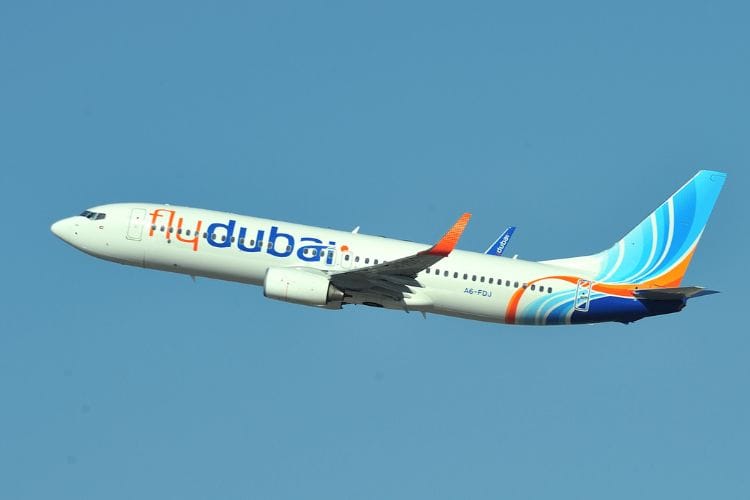
3. Stay in Budget-Friendly Neighborhoods
When people think of Dubai, they often imagine glamorous hotels on The Palm or near the Burj Khalifa. Gorgeous? Absolutely. But expensive? Definitely.
Budget travelers often stay in neighborhoods like Deira, Bur Dubai, and Al Barsha. Not only are hotels and guesthouses more affordable here, but food and transport options are cheaper too. For example, a mid-range hotel room in Deira might cost AED 180 per night, compared to AED 600+ near Downtown.
Serviced apartments and Airbnb options are also common, and they’re perfect for travelers who want to cook their own meals and save on dining out.
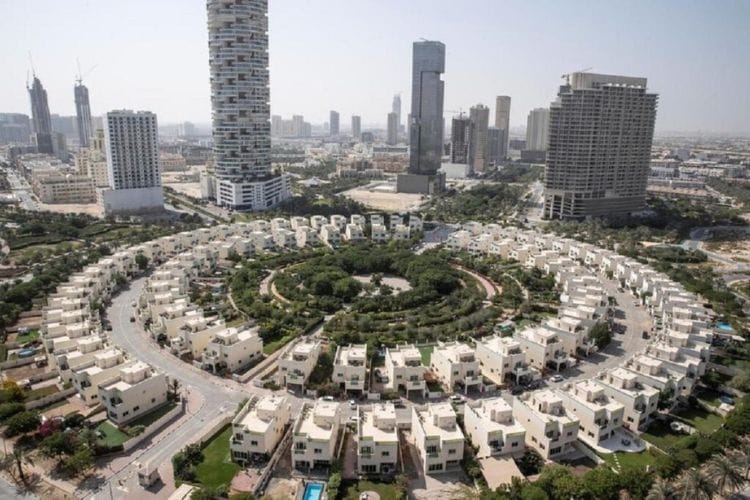
4. Use Public Transport Over Taxis
Dubai’s public transport system is modern, efficient, and much cheaper than taxis. A single taxi ride from Dubai Marina to Downtown can cost around AED 80–100, while the same trip on the metro costs just AED 8 with a Nol Card.
The Nol Card is a must, it’s a reloadable travel card for the metro, buses, and even some water taxis. According to the Roads and Transport Authority (RTA), tourists using Nol save an average of 30–50% on transport costs compared to paying cash fares.
For areas not connected by metro, buses are reliable, and ferries offer a scenic way to get around without breaking the bank.
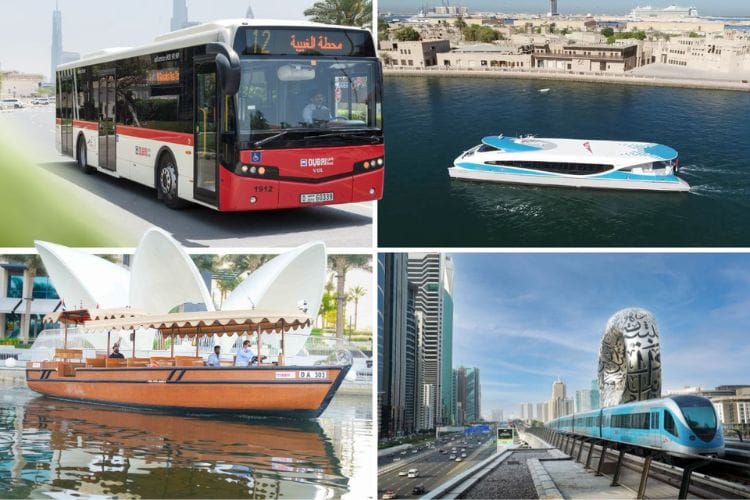
5. Eat Where the Locals Eat
Dubai’s food scene is world-class, but eating at high-end restaurants every day is a fast way to blow a budget. Locals often head to areas like Karama, Satwa, and parts of Deira for affordable, tasty meals.
A plate of biryani at a local cafeteria can cost AED 12–15, compared to AED 80+ at a hotel restaurant. Even popular spots like Ravi Restaurant in Satwa have remained affordable despite their fame.
Lunch deals are another great way to enjoy top-tier restaurants without the premium dinner prices. Many eateries offer set menus at reduced rates between 12 pm and 3 pm.
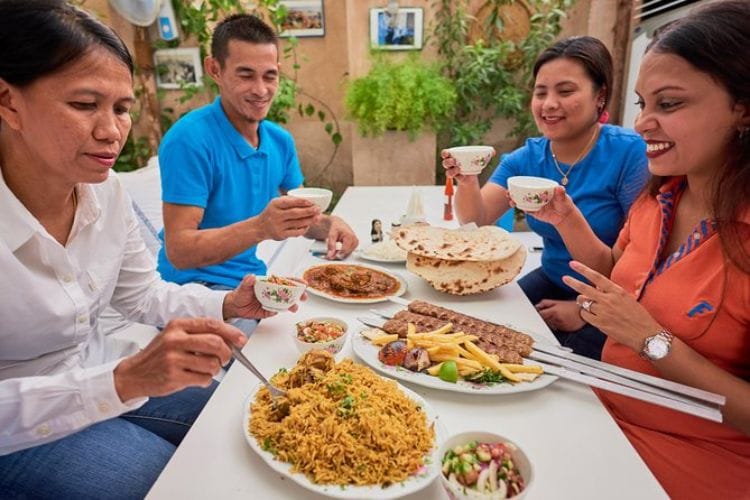
6. Enjoy Free or Low-Cost Attractions
Not everything in Dubai comes with a hefty price tag. Some of the Dubai’s best experiences are free. The Dubai Fountain show at the base of the Burj Khalifa costs nothing, yet it’s one of the most photographed attractions in the city.
Visitors can also wander through the spice and gold souks in Deira, relax on public beaches like JBR Beach or Al Mamzar, and stroll along Al Seef to see old-meets-new Dubai.
Museums like Etihad Museum or the Dubai Museum in Al Fahidi have entrance fees under AED 10, making them budget-friendly ways to learn about the city’s history.
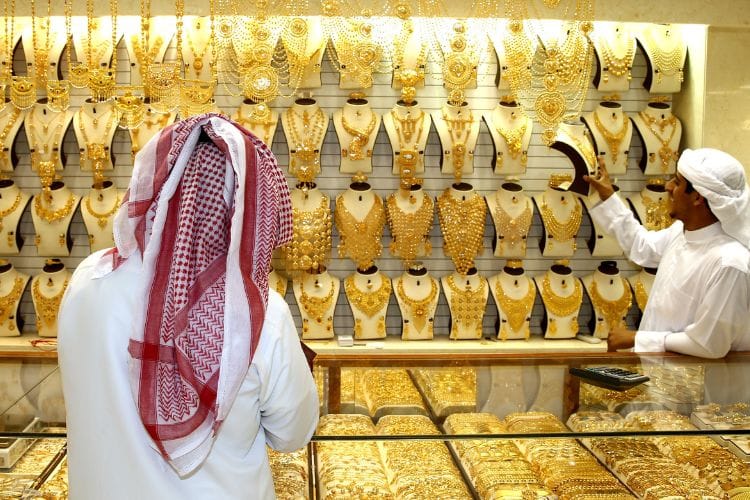
7. Look for Combo Tickets and Passes
Attractions like the Dubai Frame, Burj Khalifa observation deck, and various theme parks can add up fast. Combo tickets or city passes can slash those costs significantly.
For example, the Dubai Pass offers up to 60% savings when bundling multiple attractions. Websites like Tripventura, Klook or GetYourGuide often run extra discounts for online bookings, especially if booked in advance.
It’s a smart move for travelers planning to hit several paid attractions during their trip.
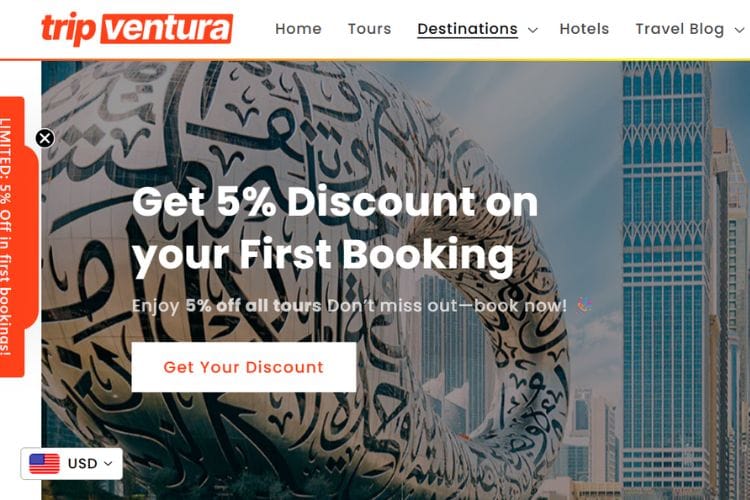
8. Shop Smart and Bargain Where Possible
Dubai is famous for shopping malls, but some of the best deals are found outside them. Traditional markets or souks are still the go-to for gold, spices, textiles, and perfumes. The Gold Souk in Deira has over 300 retailers, and prices are based on daily gold rates set by the Dubai Gold & Jewellery Group. According to their 2025 rates, buying gold here can be 10–15% cheaper than in Western countries, especially if buyers negotiate on making charges.
Bargaining is expected in souks. The trick? Start lower than the asking price and be polite but firm. Even small souvenirs like scarves and incense can be bargained down by 20–30%.
In malls, look out for the Dubai Shopping Festival (January–February) and Dubai Summer Surprises (July–August), when discounts can reach up to 75%.
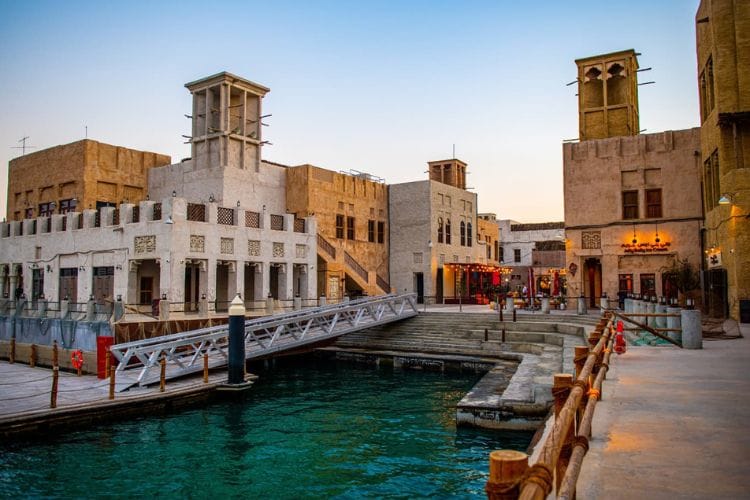
9. Avoid Common Tourist Traps
Some experiences in Dubai are priced way higher than they’re worth. For example, a private abra (wooden boat) ride on Dubai Creek might cost AED 60–100, but a shared abra ride is only AED 1. Both offer the same scenic route.
Another example is dining with a Burj Khalifa view, restaurants with direct fountain views often have inflated prices, while cafes just a street back offer nearly the same view for half the cost.
Avoid buying bottled water at tourist-heavy spots, some cafes sell it for AED 15, while a supermarket around the corner sells the same brand for AED 1.5.
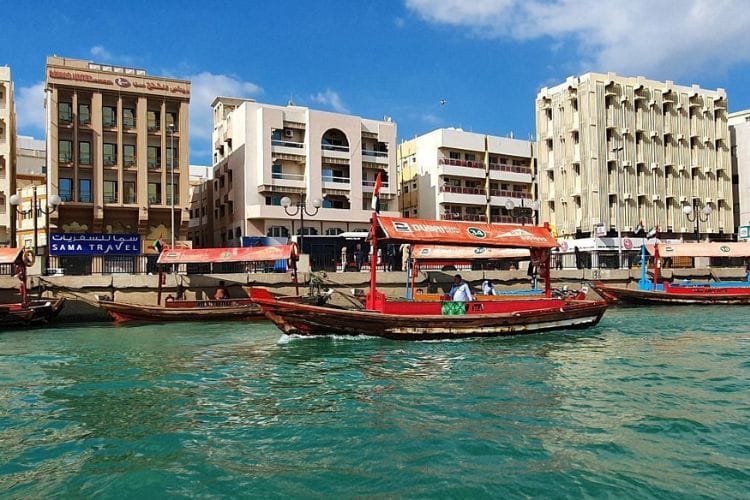
10. Take Advantage of Free Events
Dubai’s event calendar is packed, and many activities don’t cost a dirham. The Dubai Marina Street Festival in March brings international performers to the waterfront for free shows. The Al Marmoom Heritage Festival in April celebrates camel racing, open to all without entry fees.
Even the city’s parks, like Zabeel and Safa, often host free cultural nights, outdoor movie screenings, or music events. Local websites like Visit Dubai and Time Out Dubai list upcoming free activities every month.
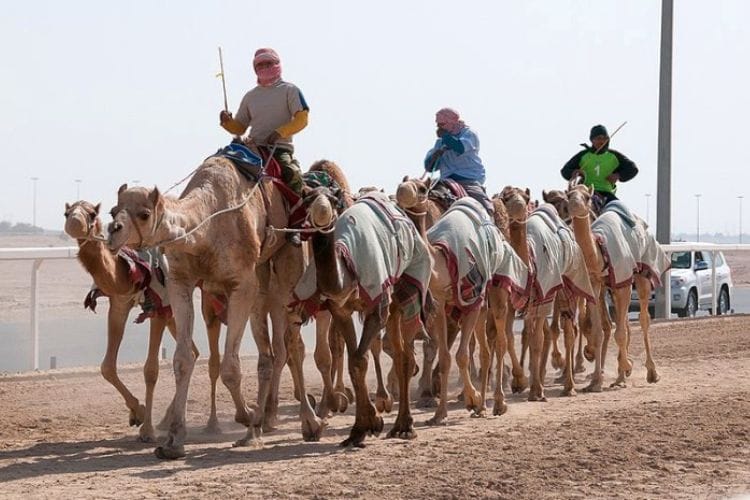
11. Bring Your Own Essentials
Dubai’s malls are tempting, but buying basics like sunscreen, sunglasses, or reusable water bottles there can cost 2–3 times more than at home. Tourists often forget these items and end up paying premium prices.
With temperatures soaring above 38°C in summer, sunscreen is non-negotiable. A 200ml bottle from a tourist shop can cost AED 80–90, while the same one at a regular pharmacy is AED 40–50.
Reusable water bottles are another money-saver. Dubai’s tap water is desalinated and safe to drink, and many hotels and public areas have refill stations. This small step can save AED 10–20 per day.
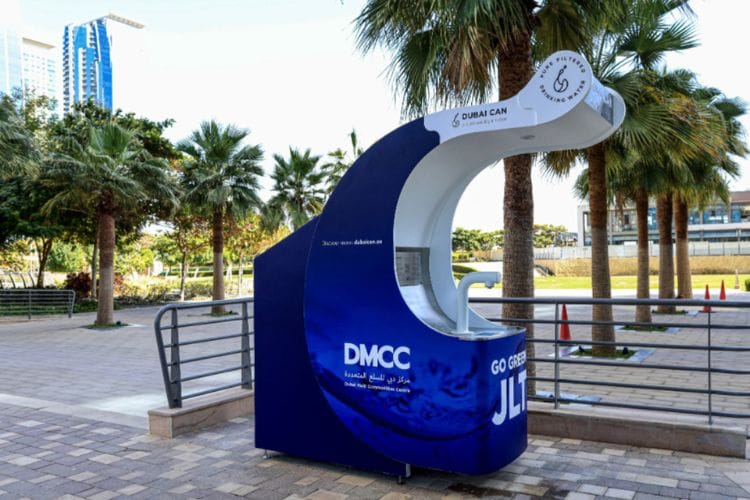
12. Use Payment Plans for Big-Ticket Activities
Some of Dubai’s most exciting activities, like desert safaris, skydiving, or even helicopter rides, can get pricey. But here’s a lesser-known tip: many tour companies like Tripventura now offer interest-free installment plans through services like Tabby or Tamara.
For example, a helicopter tour costing AED 800 can be split into four AED 200 payments without extra charges. This makes it easier for travelers to enjoy premium experiences without taking a big hit to their budget all at once.
It’s a practical option for those who want to balance memorable adventures with smart spending.

Wrapping Up How to Save Money in Dubai
Saving money in Dubai isn’t about skipping the fun, it’s about knowing the tricks that locals and savvy travelers use every day. From timing the trip right and using public transport to bargaining at souks and tapping into free events, there’s a way to make every dirham count.
For anyone planning a trip, keeping these 12 hacks in mind will mean less stress over expenses and more energy to enjoy the city’s best moments.
So yes, how to save money in Dubai isn’t a mystery, it’s just a matter of thinking ahead, choosing wisely, and knowing where the deals are hiding. And honestly, that’s half the fun of traveling here.

